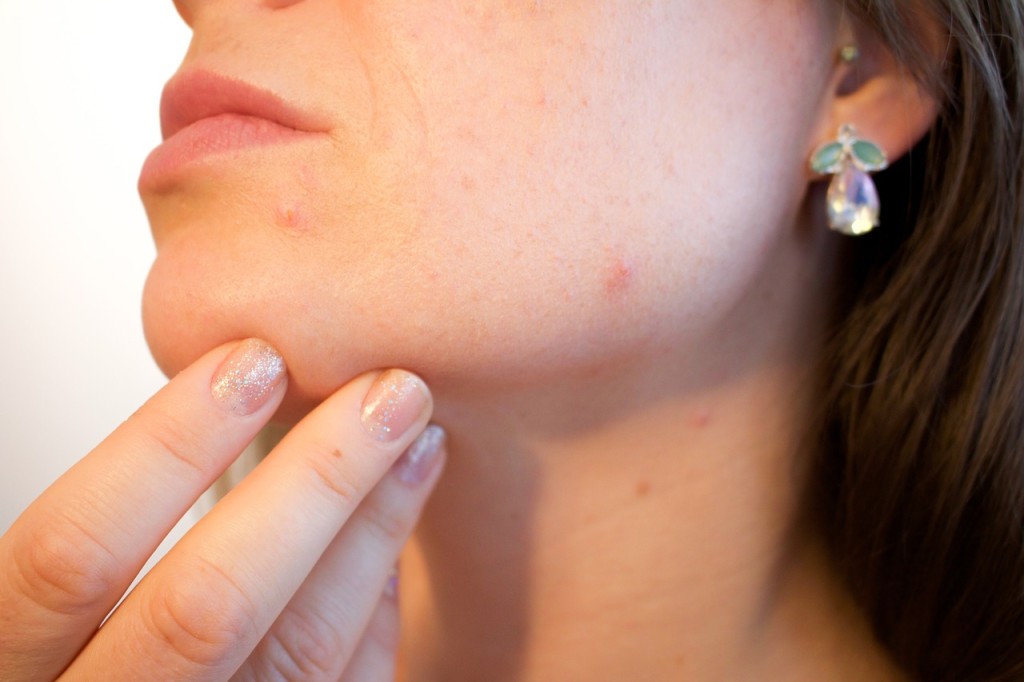 Sweet treats, tiny goblins, and pumpkin spice everything mean one thing. No, not Halloween. October heralds a message far more important than free candy, says Marla Ahlgrimm. October is Breast Cancer Awareness Month. In honor of the spooky feel of the season, Ahlgrimm demystifies a few of the myths surrounding this still-mysterious disease.
Sweet treats, tiny goblins, and pumpkin spice everything mean one thing. No, not Halloween. October heralds a message far more important than free candy, says Marla Ahlgrimm. October is Breast Cancer Awareness Month. In honor of the spooky feel of the season, Ahlgrimm demystifies a few of the myths surrounding this still-mysterious disease.
Myth: Any changes to the breast are likely cancer.
Fact: Marla Ahlgrimm explains that, while all lumps and physical changes should be monitored, not all tissue changes are cancer. Breast tissue can change throughout a woman’s lifetime. For instance, breastfeeding mothers may notice that their breast become hard and lumpy if it has been a while since their baby has nursed. This is typically caused by engorgement, a painful side effect of overabundant milk stores.









 Sleep is a luxury that eludes many women, says
Sleep is a luxury that eludes many women, says 

 Men’s and women’s bodies are not the same, says women’s health advocate,
Men’s and women’s bodies are not the same, says women’s health advocate, 
 When people think of hormones, the first thoughts that usually come to mind are the hot flashes and mood changes associated with menopause. But, according to
When people think of hormones, the first thoughts that usually come to mind are the hot flashes and mood changes associated with menopause. But, according to 
 Don’t let your monthly cravings overpower your willpower. In the following Q&A,
Don’t let your monthly cravings overpower your willpower. In the following Q&A, 





 Marla Ahlgrimm has co-authored two ground-breaking books,
Marla Ahlgrimm has co-authored two ground-breaking books,